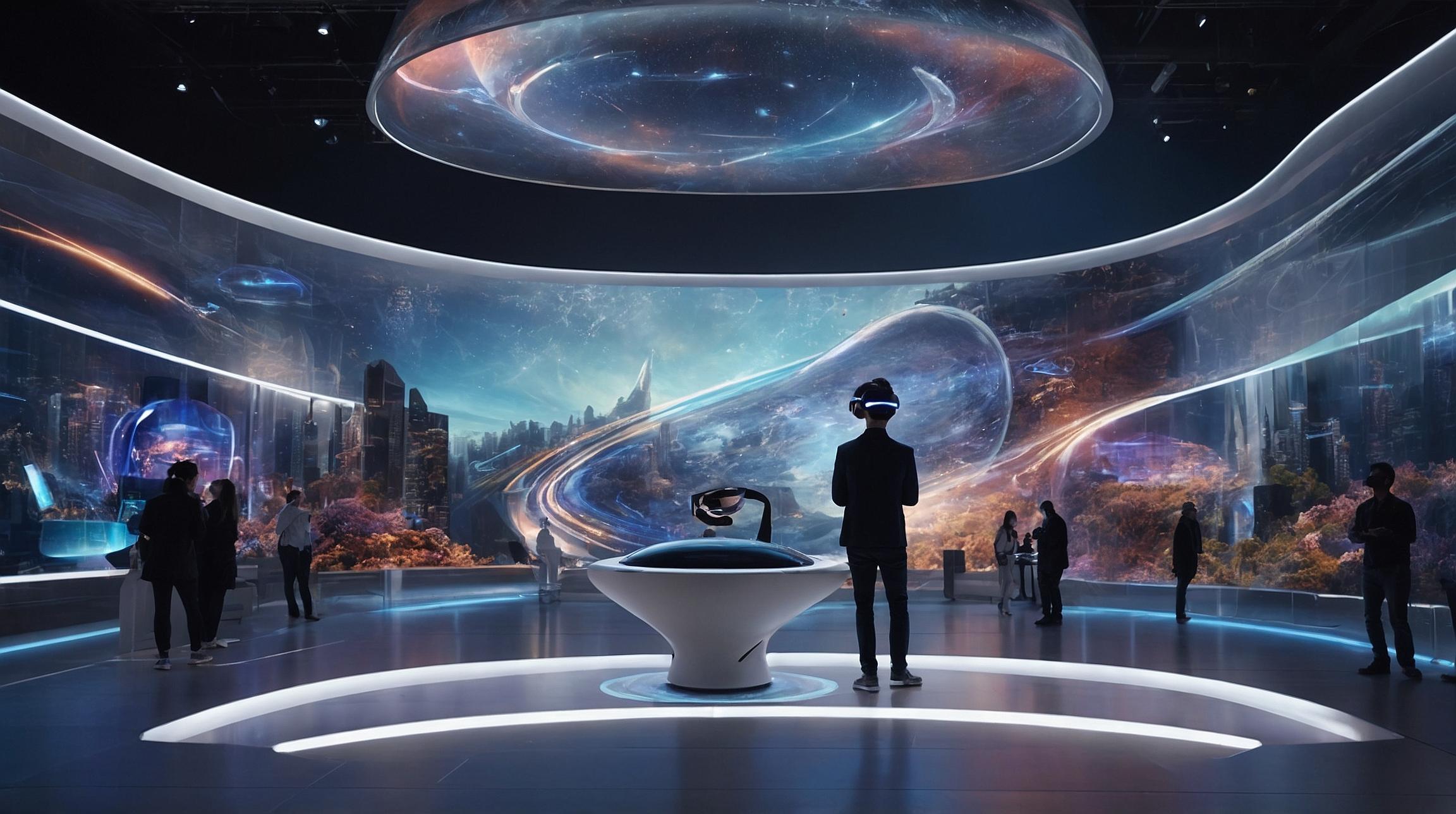Samsung, Google, and Qualcomm Shift XR Plans
In the rapidly evolving world of Virtual Reality (VR) and Extended Reality (XR), leading tech giants Samsung, Google, and Qualcomm are reportedly postponing their joint XR project. This delay mirrors a broader trend, as companies reassess their strategies in light of recent market developments.
Meta's Strategic Influence
As Meta prepares to launch the Meta Quest 3S, touted as the most affordable standalone VR headset, it appears competitors like Samsung and Google are taking a step back. The initial vision for their XR project was to rival Apple's Vision Pro. However, after witnessing the Vision Pro's lackluster sales, Samsung and Google are pivoting towards a strategy that echoes Meta's approach.
Shifting Focus Towards Smart Glasses
Industry reports suggest a transition in focus towards products similar to Meta's Ray-Ban smart glasses. These glasses, although lacking a traditional display, have performed well in the market, prompting a reevaluation of product focus within Reality Labs, Meta's XR division. Samsung and Google are considering emulating this success by potentially developing affordable, wearable tech.
Impact of LG's Withdrawal
A significant factor in this change is LG's decision to cancel its XR headset. Initially set to compete with Apple's Vision Pro, LG's withdrawal reflects the broader industry reluctance to rush into the market. This move seems to have influenced Samsung and Google's pace, reducing the urgency to release their own device.
Uncertainty Around the Joint Venture
Details regarding the Samsung-Google-Qualcomm collaboration remain ambiguous. Depending on industry sources, this project alternates between being a high-end Vision Pro competitor and a more accessible wearable, akin to smart glasses. What remains consistent is the plan to utilize Android XR as the operating system, though its adoption outside of Samsung remains unclear.
Google's Continued XR Ambitions
Despite these setbacks, Google continues to pursue XR development actively. At the recent Google I/O event, they showcased a demo hinting at forthcoming AR smart glasses. Additionally, Google has sought partnerships with leading eyewear manufacturers, such as EssilorLuxottica, although Meta currently maintains a more robust agreement with these partners.
Future Prospects for Samsung and Google in XR
The landscape of XR technology is still forming, and the outcome of Samsung and Google's efforts remains uncertain. Whether they launch one of the best VR headsets or redefine wearable tech, the industry waits with bated breath. For now, the potential delay suggests a careful consideration of market dynamics rather than a race to release.













